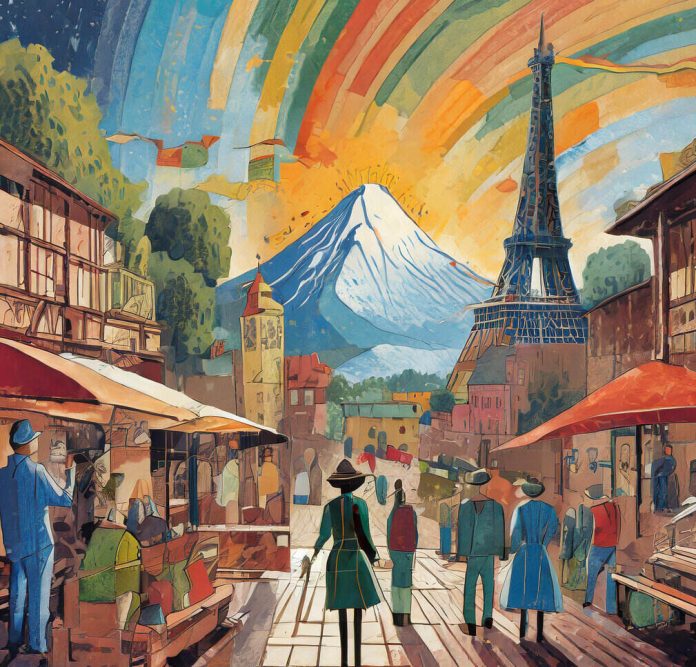Western culture, often equated with Western civilization or European civilization, is a complex and diverse term that encompasses the social norms, ethical values, traditional customs, belief systems, political systems, artifacts, and technologies that originated from or are associated with Europe.
Historical Roots
The roots of Western culture are deeply embedded in the ancient Greco-Roman world and its adoption of the Judeo-Christian value system. The influence of Western culture can be traced back to Ancient Greece, the birthplace of democracy, philosophy, and the Olympic Games. The Roman Empire then propagated these cultural and intellectual ideas across its vast empire.
The Role of Christianity
Christianity, particularly the Catholic Church and later Protestantism, has been a major influence on Western culture since the 4th century. The Church not only played a role in the development of political institutions and laws, but also influenced the arts and sciences.
Rationalism and Empiricism
A cornerstone of Western thought, beginning in ancient Greece and continuing through the Middle Ages and Renaissance, is the idea of rationalism in various spheres of life developed by Hellenistic philosophy, scholasticism, and humanism. This tradition of rationalism and scientific inquiry was further advanced during the Age of Enlightenment, which championed ideals like liberty, progress, tolerance, fraternity, constitutional government, and separation of church and state.
Cultural Evolution
Western culture continued to evolve during the Middle Ages, influenced by the Christianization of Europe, the Islamic world, and the Italian Renaissance. The fall of Constantinople led to the migration of Greek scholars to Italy, bringing with them knowledge and texts that sparked the Renaissance.
Conclusion
In conclusion, Western culture is a rich tapestry of ideas, values, and traditions that have been shaped by historical events, religious beliefs, scientific discoveries, and cultural exchanges. It continues to evolve and adapt, reflecting the dynamic nature of human societies.



 Stay tuned, follow Zewani Google News channel.
Stay tuned, follow Zewani Google News channel. 